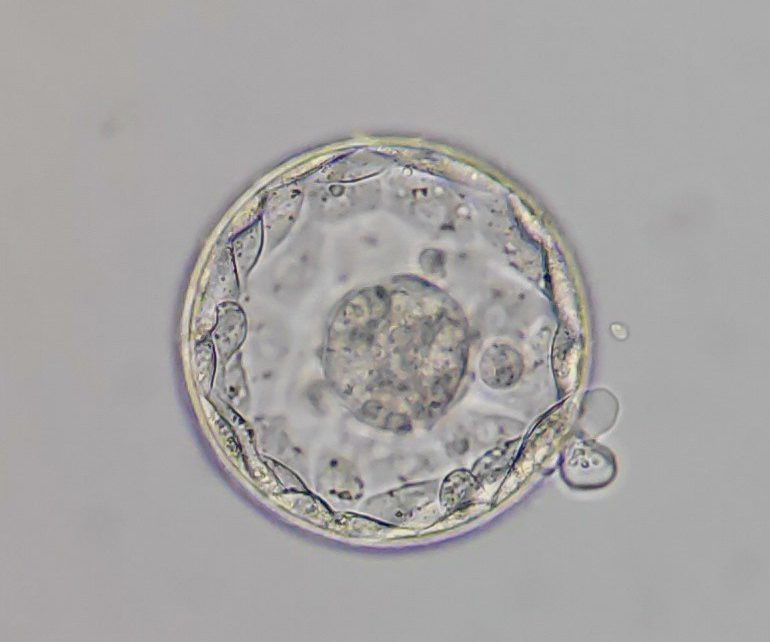Research carried out by Instituto Bernabeu addresses different types of ovarian stimulation for IVF and their impact on chromosomal abnormalities in the embryo
26-12-2018

Embryo aneuploidies are one of the main causes of failure during in vitro fertilisation (IVF) treatment. Most of the errors that lead to embryos with chromosomal abnormalities have a maternal origin and numerous studies suggest that the mother’s age is a decisive factor. Instituto Bernabeu research work that was presented at the 1st National Congress of the Spanish Infertility and Sterility Society (SEISEGO) has gone a step further. It questions if ovarian stimulation can have an impact on embryo chromosomal abnormalities.
The research work evaluated the link between the different parameters that are used in ovarian stimulation protocols. The study involved 280 couples who underwent IVF treatment using their own oocytes and fresh transfer. Cases involving male partners with a chromosomal abnormality in spermatozoa were ruled out.
All the embryos underwent a comprehensive chromosome analysis (PGT-A). The laboratory at Instituto Bernabeu performed 835 embryo biopsies in total. All the parameters were analysed, as well as the total dose and type of gonadotropin, the type of protocol and the pharmaceutical drug used to trigger ovulation. No links to aneuploidies were detected. The only parameter that gave an indication of increased chromosomal abnormalities in the embryo was short stimulation. As such, the research work concludes that long stimulation leads to a lower rate of chromosomal abnormalities in the embryo.
